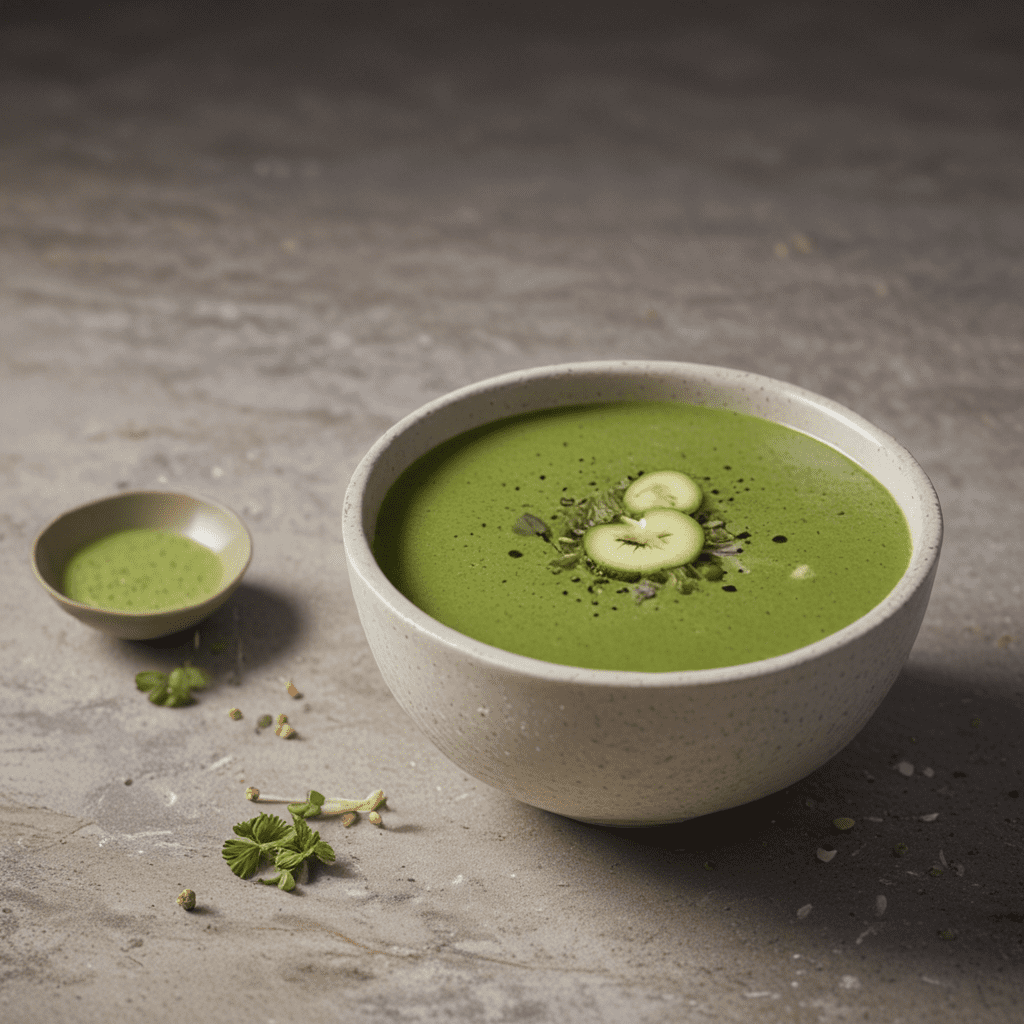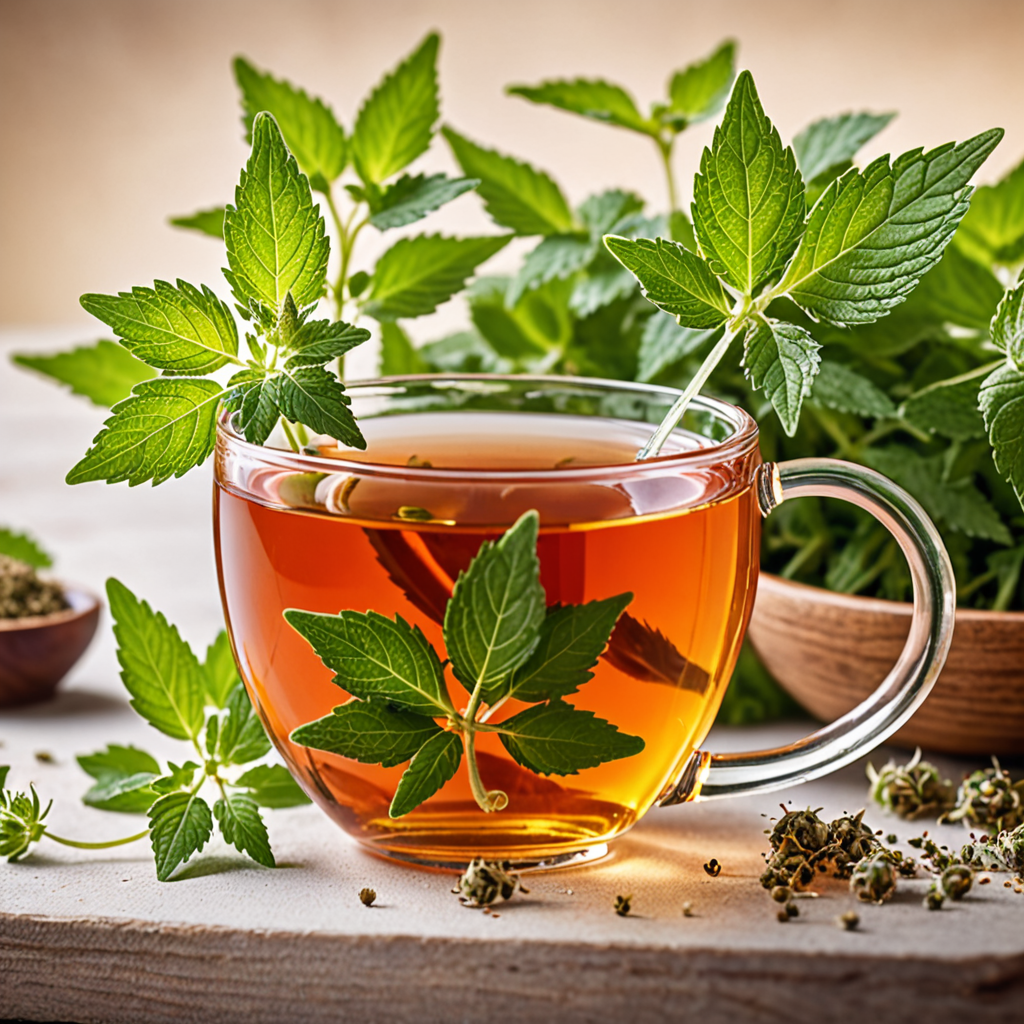Exploring the Spiritual Dimensions of Tea in Indian Culture
1. Introduction: Tea as More Than Just a Beverage
For centuries, tea has been more than just a beverage in India; it has been deeply woven into the fabric of the country's cultural, spiritual, and social life. Beyond its refreshing taste and invigorating aroma, tea holds a profound significance that transcends the realm of the physical. From its ancient origins to its modern-day practices, tea in India embodies a rich tapestry of spiritual dimensions that continue to captivate and inspire.
2. Historical and Cultural Significance of Tea in India
The history of tea in India dates back centuries, with its roots intertwined with ancient trade routes and cultural exchanges. The introduction of tea is shrouded in legend, with tales of travelling Buddhist monks and fortuitous discoveries. From its humble beginnings in Assam to its widespread cultivation across the country, tea has become an integral part of the Indian identity.
3. Tea as a Ritualistic Offering: From Gods to Guests
Tea plays a significant role in various religious and spiritual rituals in India. From offerings made to deities in temples to the customary serving of tea to guests, it symbolizes respect, hospitality, and a connection to the divine. The act of preparing and sharing tea becomes a sacred act, fostering a sense of community and belonging.
4. The Role of Tea in Meditation and Mindfulness Practices
In the realm of meditation and mindfulness practices, tea serves as a catalyst for inner peace and tranquility. Its subtle aroma and soothing warmth create an atmosphere conducive to introspection and heightened awareness. The act of sipping tea becomes a mindful ritual, allowing individuals to connect with their inner selves and find solace in the present moment.
5. Tea as a Symbol of Hospitality and Connection
In Indian culture, offering tea to guests is a gesture of warmth, hospitality, and respect. It signifies a welcoming embrace and a desire to connect with others on a deeper level. The shared experience of enjoying a cup of tea fosters a sense of community and strengthens bonds between individuals.
6. Spiritual Beliefs and Practices Associated with Tea
Tea holds a unique place in various spiritual traditions and practices in India. In Hinduism, tea is often associated with Lord Krishna, the embodiment of divine love and consciousness. The offering of tea to Krishna during rituals symbolizes surrender to the divine and a seeking of spiritual guidance. Similarly, in Buddhism, tea is viewed as a symbol of mindfulness and awareness, promoting mental clarity and inner peace. The act of preparing tea with care and attention is seen as a form of meditation, fostering a sense of mindfulness in the present moment.
7. The Influence of Ayurveda and Traditional Medicine
Ayurveda, the ancient Indian system of holistic medicine, recognizes the therapeutic benefits of tea. Different types of teas are believed to possess unique properties that can balance the doshas (energy principles) in the body and promote overall well-being. For instance, ginger tea is considered to be warming and digestive, while chamomile tea is known for its calming and sleep-inducing qualities. Ayurvedic practitioners often recommend specific teas based on individual constitutions and health concerns.
8. The Significance of Specific Teas and Blends
India boasts a diverse range of teas, each with its unique flavor profile, aroma, and purported health benefits. Assam tea, known for its malty and robust taste, is often associated with energy and vitality. Darjeeling tea, with its delicate floral notes, is considered to be uplifting and mood-enhancing. Masala chai, a blend of black tea, spices, and milk, is a popular beverage that is believed to boost immunity and promote warmth. The choice of tea and its preparation method often reflect the cultural preferences and spiritual beliefs of the region or community.
9. Modern Trends and Contemporary Perspectives
In contemporary India, the spiritual dimensions of tea continue to evolve. While traditional beliefs and practices remain deeply rooted, new interpretations and expressions are emerging. The growing popularity of tea cafes and specialty tea shops reflects a renewed appreciation for the cultural and experiential aspects of tea. Mindfulness-based tea ceremonies and workshops are gaining traction, offering individuals a chance to connect with the present moment and explore the meditative qualities of tea.
10. Conclusion: A Legacy of Spirituality and Culture
Tea in India is more than just a refreshing beverage; it is a cultural and spiritual symbol that encapsulates the country's rich history, diverse traditions, and unwavering pursuit of inner peace. From its ancient origins to its modern-day expressions, tea continues to inspire and connect individuals on a profound level. As the legacy of tea in India unfolds, it is a testament to the enduring power of spirituality and its ability to elevate everyday experiences to the realm of the sacred.
FAQ
Q: What are some of the most popular teas in India?
A: Assam tea, Darjeeling tea, Masala chai, Nilgiri tea, and Kangra tea are among the most popular teas in India.
Q: What are some of the spiritual beliefs associated with tea in India?
A: Tea is often associated with spirituality, mindfulness, and hospitality in India. It is viewed as a symbol of respect, connection, and surrender to the divine.
Q: How is tea used in traditional medicine in India?
A: In Ayurveda, different types of teas are believed to have therapeutic benefits and are recommended based on individual constitutions and health concerns.
Q: What are some of the modern trends in tea consumption in India?
A: There is a growing trend towards specialty tea cafes, mindfulness-based tea ceremonies, and a renewed appreciation for the cultural and experiential aspects of tea.
Q: What is the significance of tea in Indian culture?
A: Tea is deeply woven into the fabric of Indian culture, reflecting the country's history, traditions, and spiritual beliefs. It serves as a symbol of hospitality, connection, and the pursuit of inner peace.



